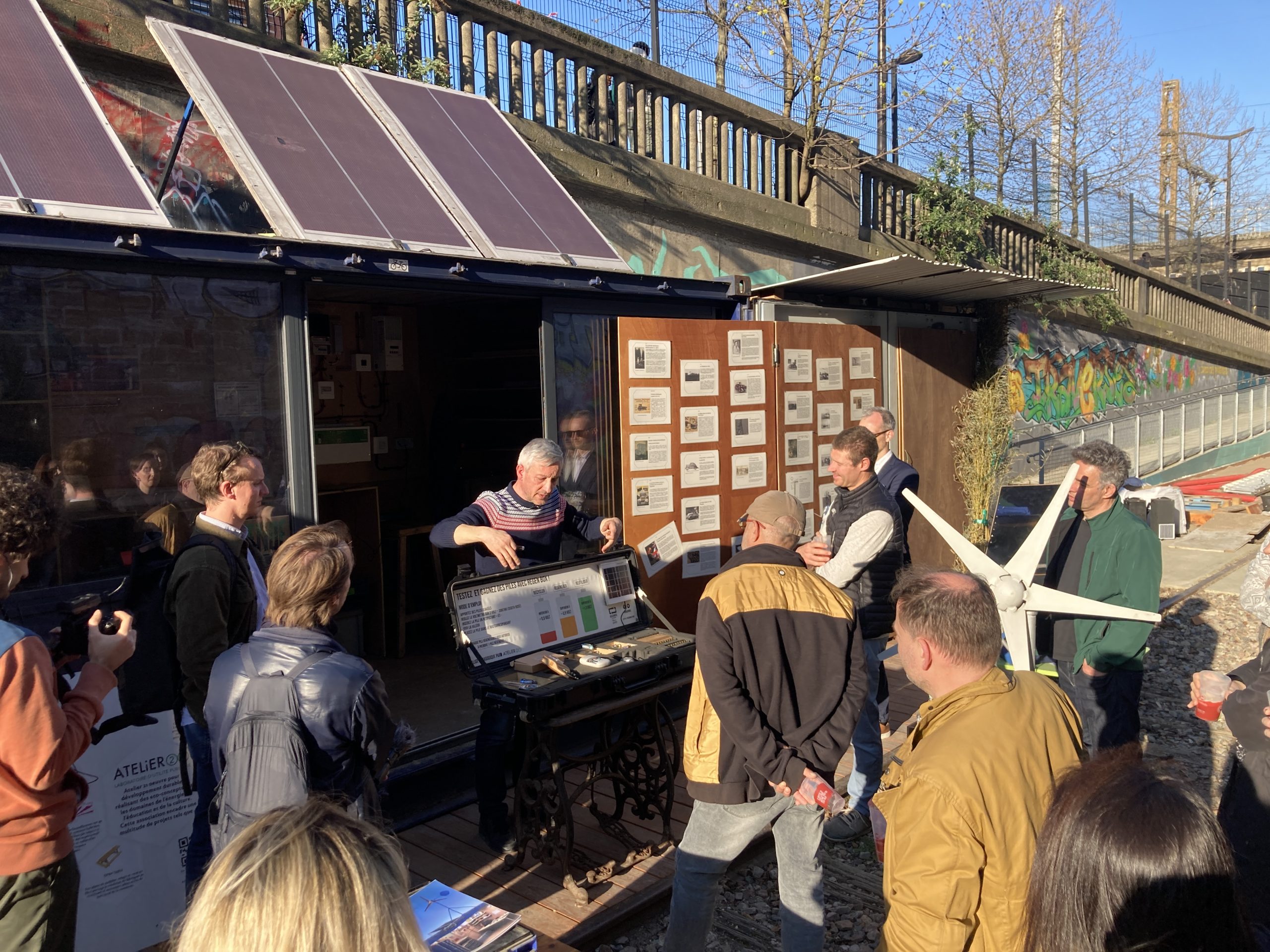
Atelier 21: The Citizen Ecolab Making the Energy Transition Tangible
Atelier 21 is a Paris-based ecological laboratory that explores new ways of engaging with energy, making it visible and accessible through hands-on learning, cultural projects,
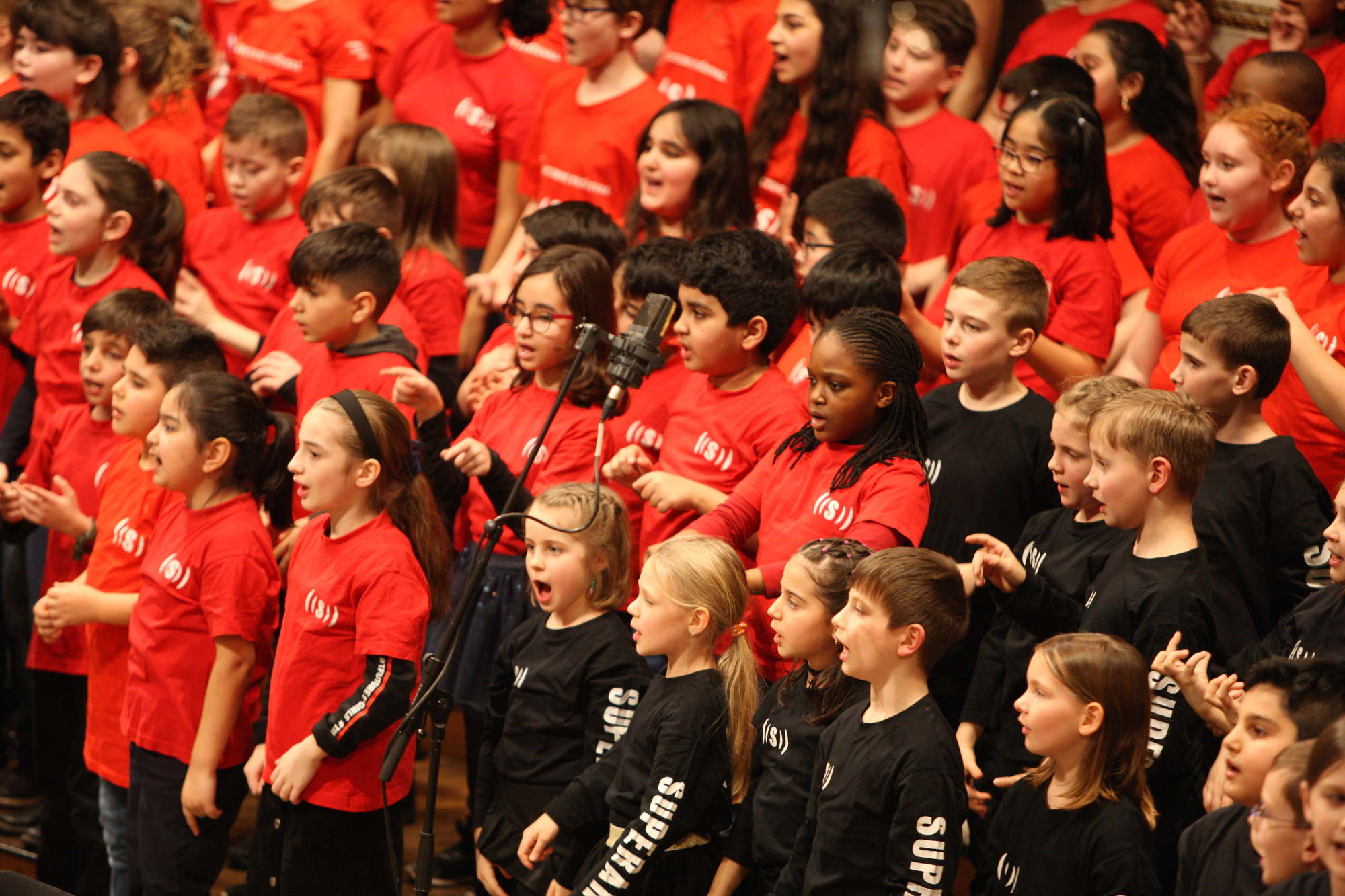
Superar: Overcoming barriers through music education
In a city often regarded as the capital of classical music, a city rich in culture with renowned museums and an important contemporary arts scene, one must feel excited when

Zukunftshof: An agricultural city laboratory at the edge of Vienna
On the site of the old Haschahof, a former farm at the southern edge of Vienna’s Favoriten district, stands today’s Zukunftshof (meaning Future Farm), which has been a place of
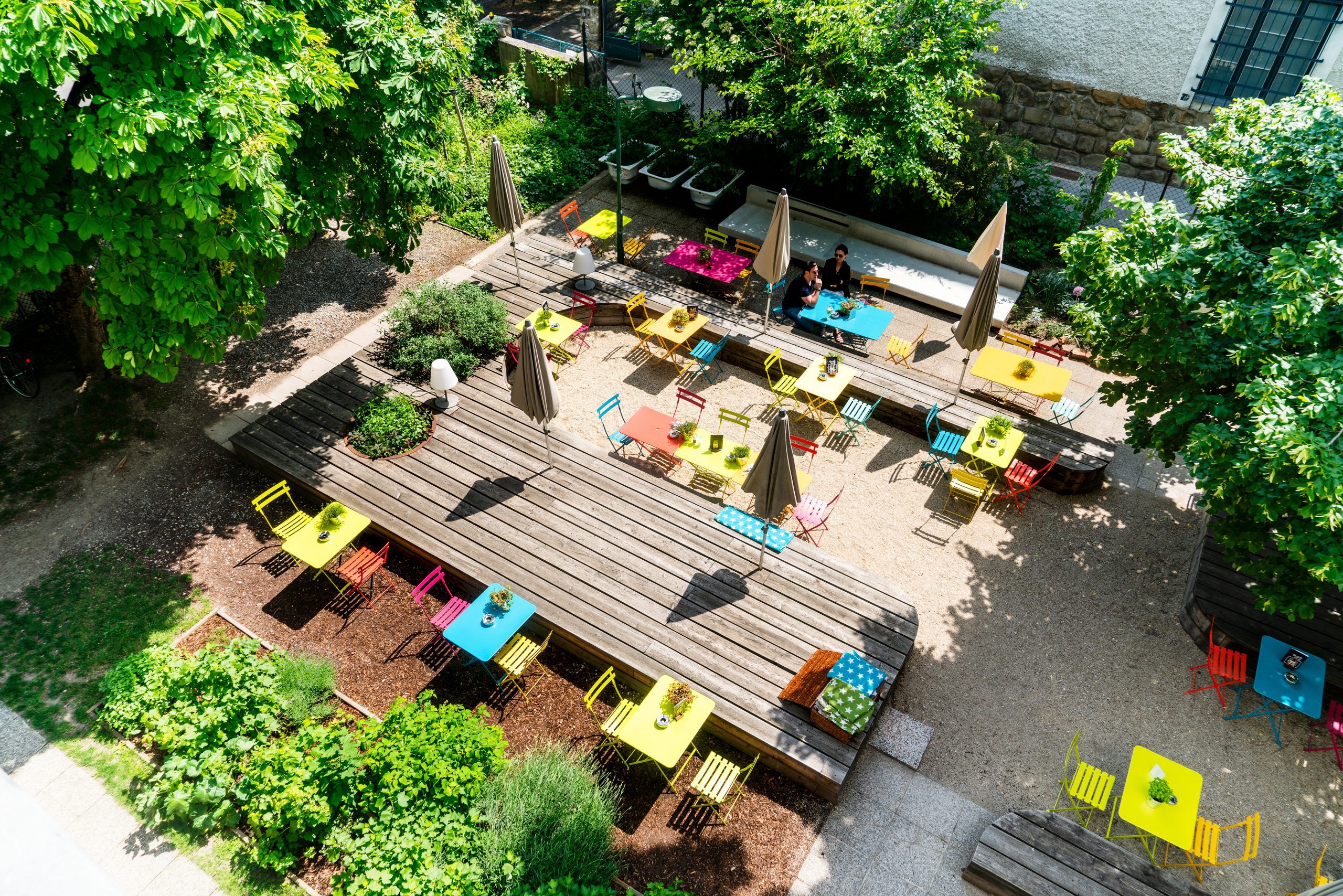
magdas HOTEL: Changing the world while sleeping
Founded in 2015, magdas HOTEL is not only a cosy, retro-style hotel next to the famous Prater park in Vienna’s 2nd district. “Change the world while you sleep” is one
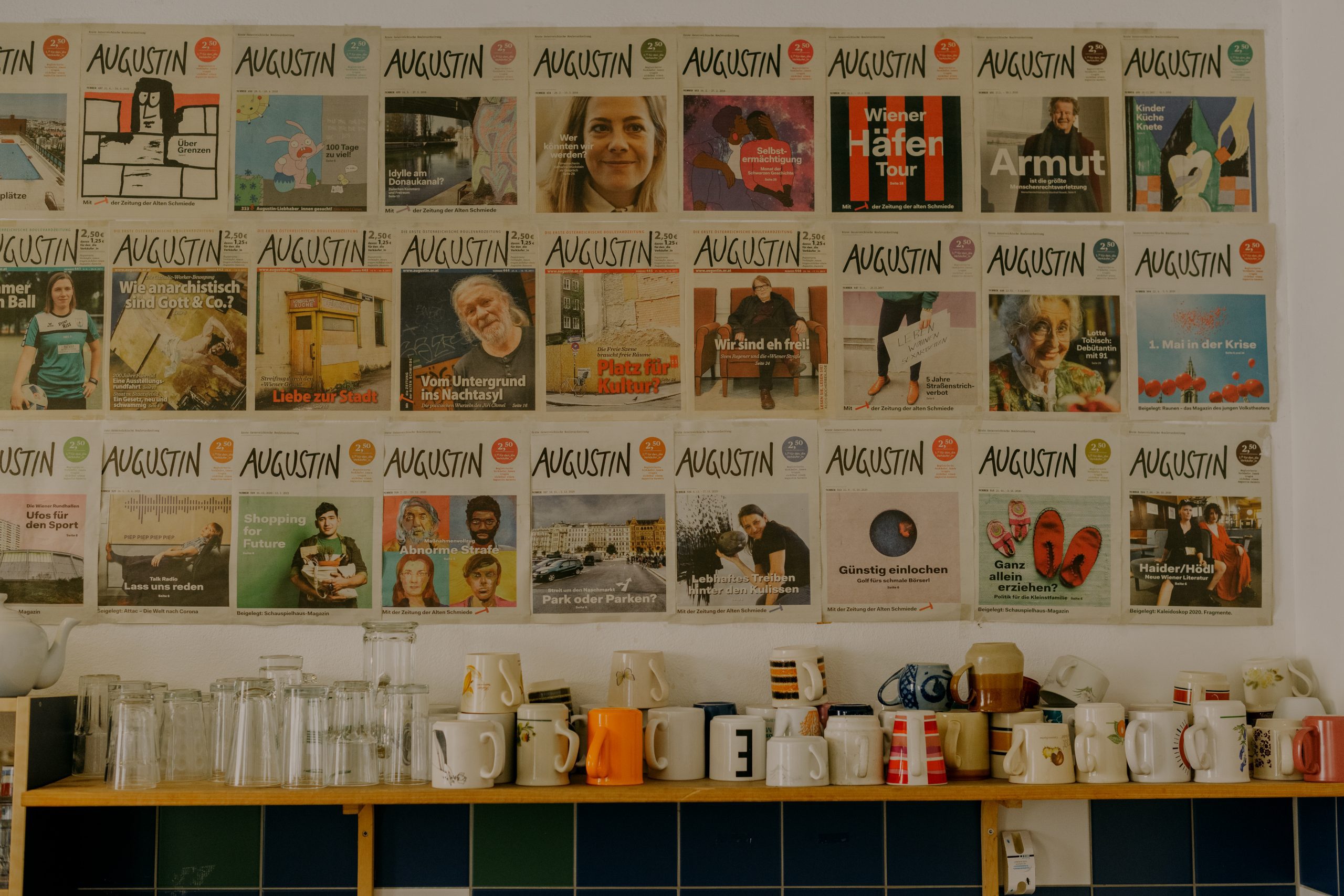
Augustin newspaper: The social conscience of the city
The Augustin is an independent Viennese street newspaper that aims to help less privileged people to lead a self-determined life. In addition to social work, the newspaper also takes a
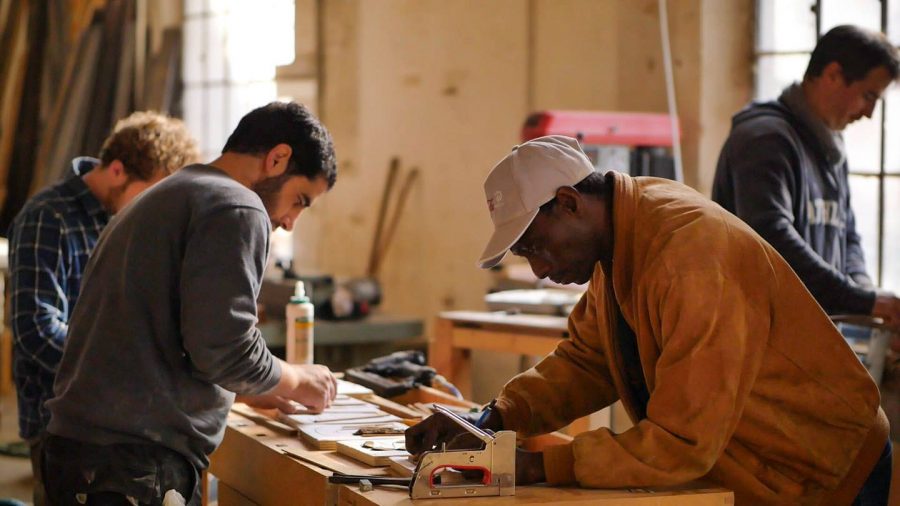
Nut & Feder: Joining forces through carpentry
Nut & Feder is a Viennese carpentry shop, a social business, that supports the integration of asylum seekers through work with local carpenters. This peer-to peer cooperation helps to overcome
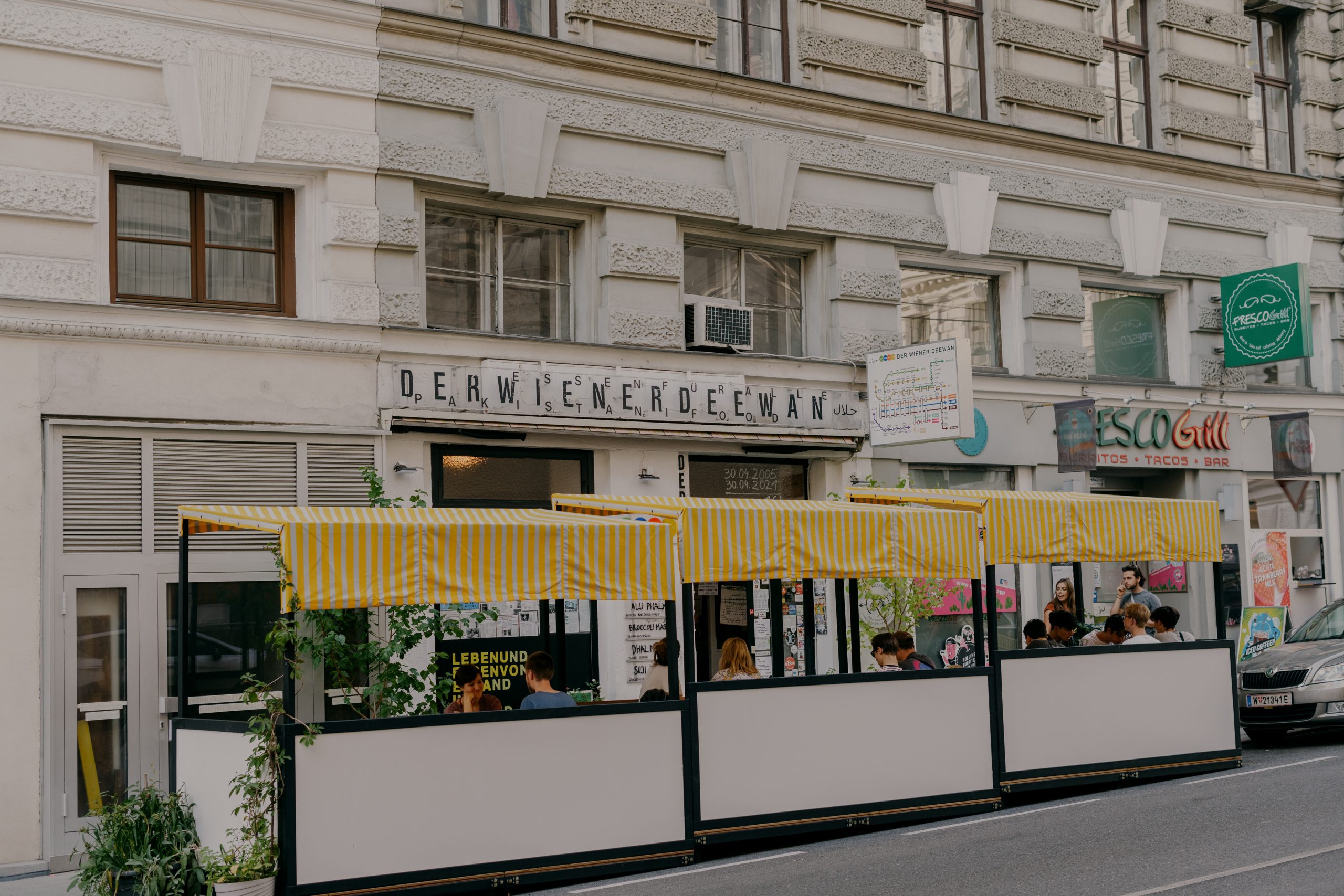
Der Wiener Deewan: Solidarity is not a one-way street
Set up by an former asylum seeker and a university student, Der Wiener Deewan is a Vienna’s first Pakistani buffet restaurant based on a pay-as-you-wish concept: guests pay however much
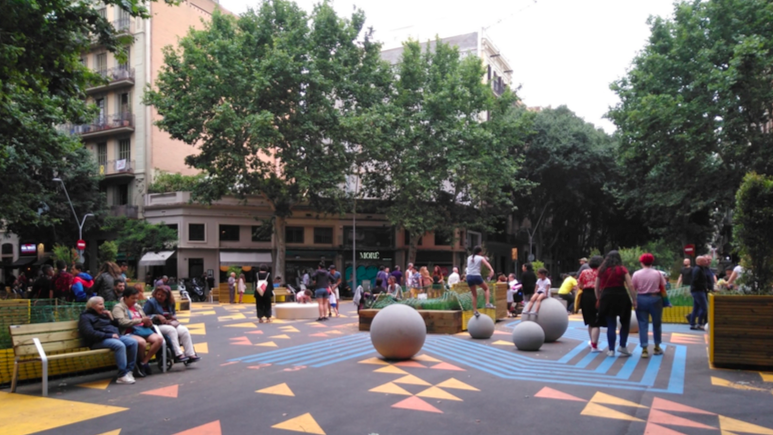
Reprogramming Barcelona: Towards a new paradigm of public space
Xavier Matilla, Barcelona’s chief architect and Silvia Casorran Martos, deputy chief architect, visited Budapest at the invitation of Eutropian, the Hungarian Contemporary Architecture Centre – KÉK and the Instituto Cervantes
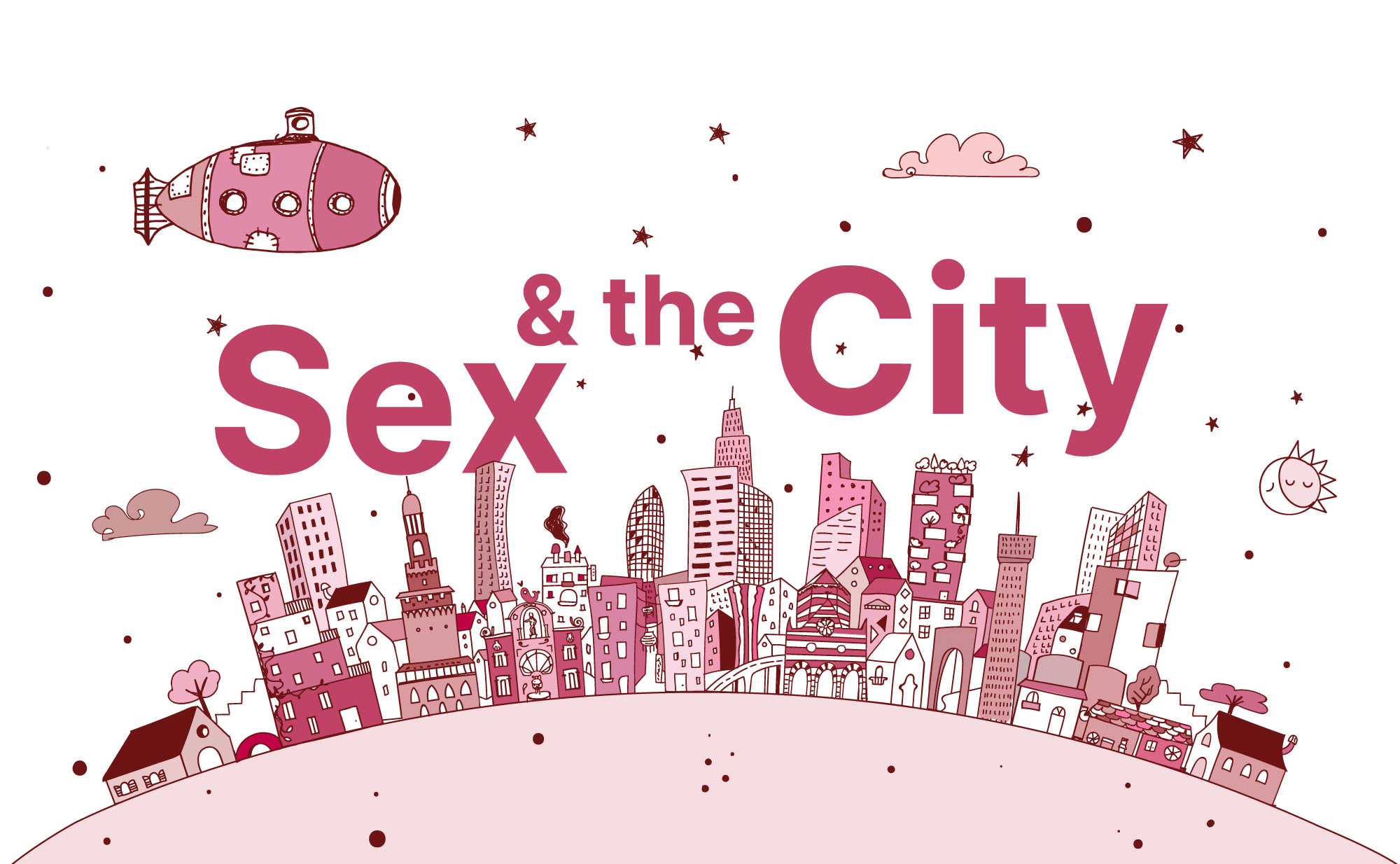
Sex and the City
Sex & the City, a gender perspective on urban space is a research project that gathers missing yet much needed data on how different genders use and experience public spaces
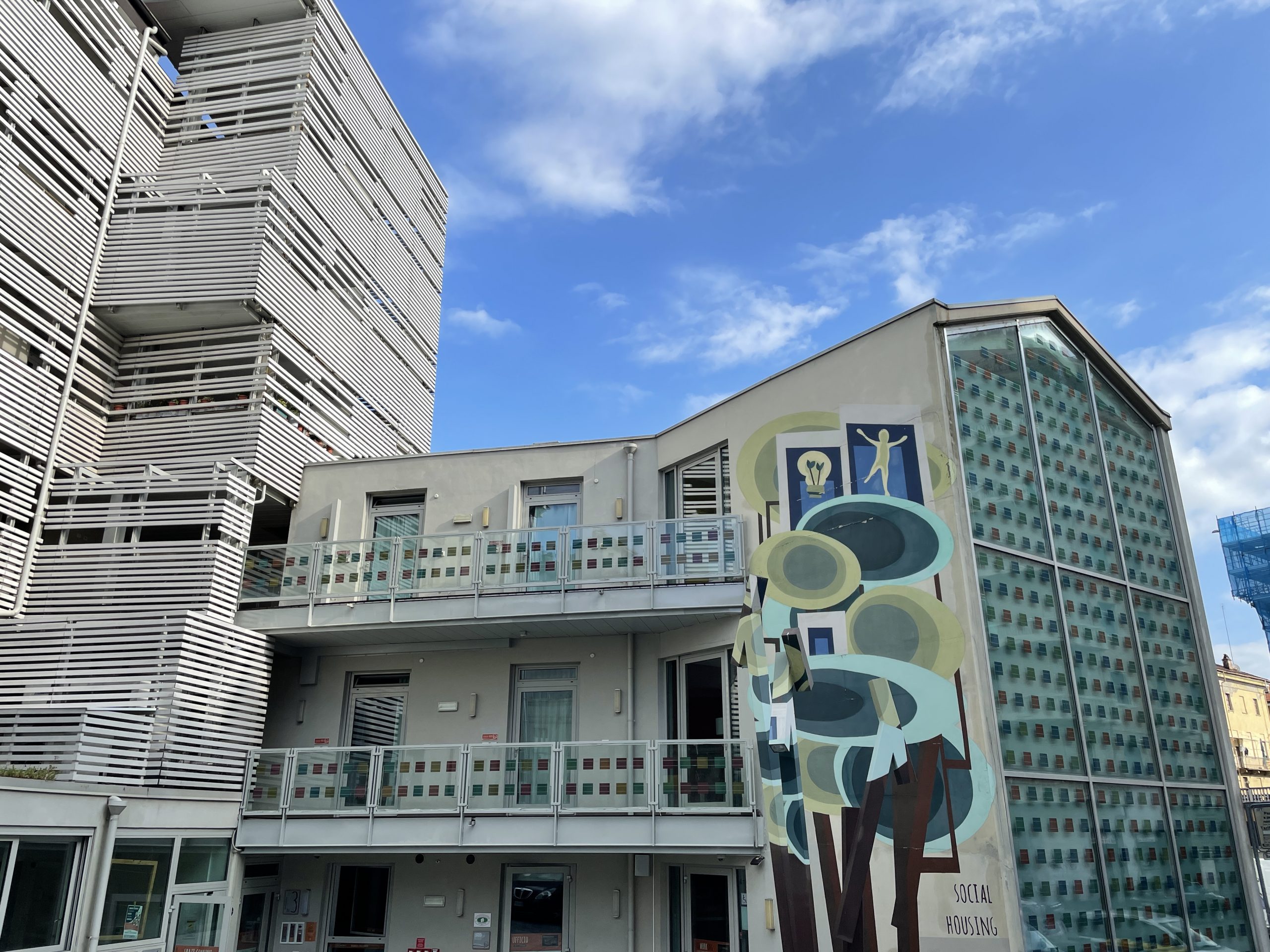
A residence for emergency housing and impact tourism in Turin: Luoghi Comuni
Right in the heart of Turin, just next to the remains of the Roman city walls and the Porta Palatina, one of the four ancient city gates, lies Piazza della

Gradual space: Room for Diversity in the Future of Urban Public Spaces
Article by Levente Polyak for publicspace.org, a project by the CCCB. In 1748, the Italian architect Giambattista Nolli published an ichnographic plan of Rome, documenting every building in the city
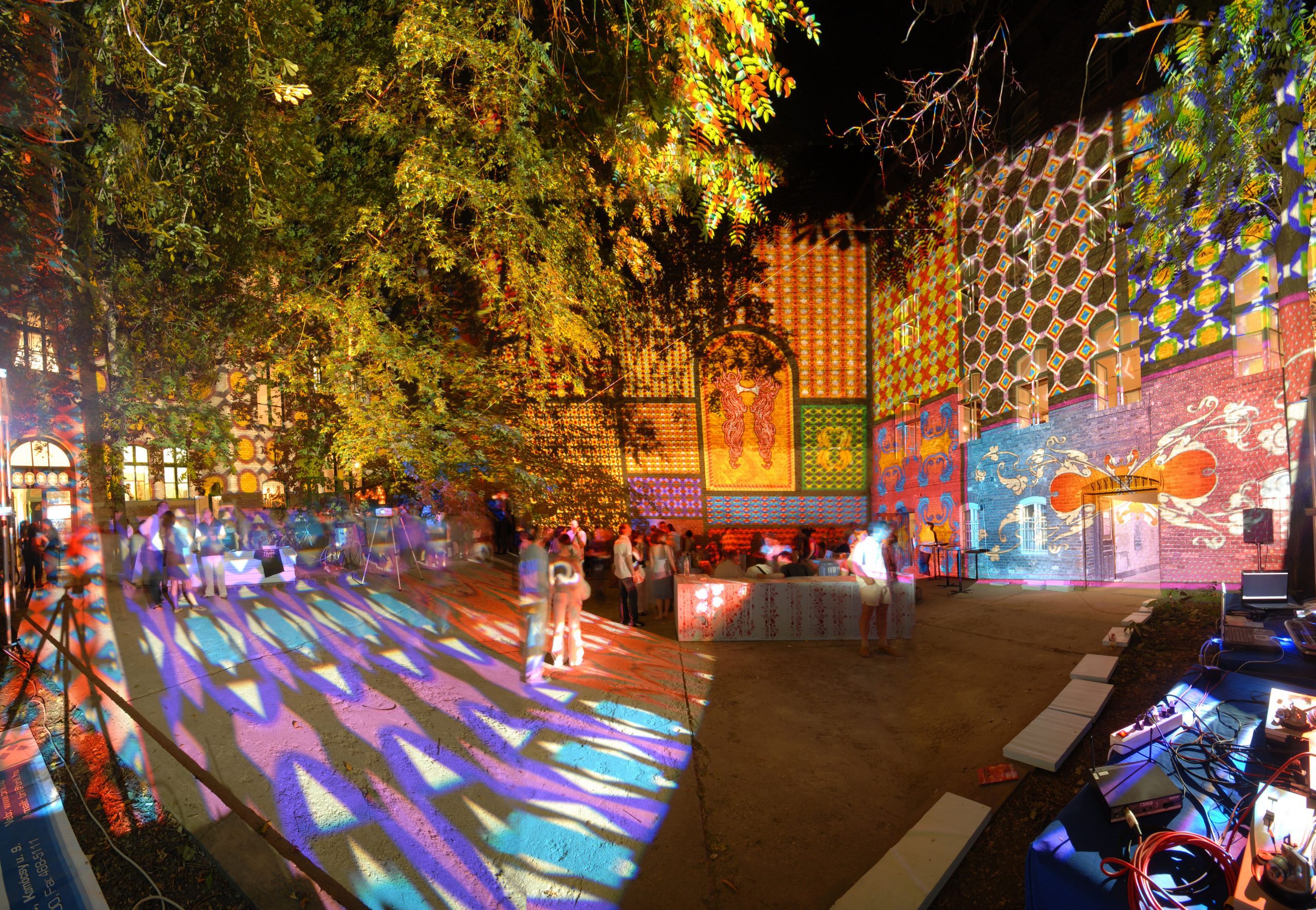
Alternatív kultúra, közösségi terek, civil infrastruktúra
Polyák Levente írása eredetileg a budapesti alternatív kulturális szcénát feltérképező ALT.BP platformon jelent meg. Az elmúlt két évtized jelentős részét töltöttem különböző városok alternatív kulturális helyein. Nem csak az esti
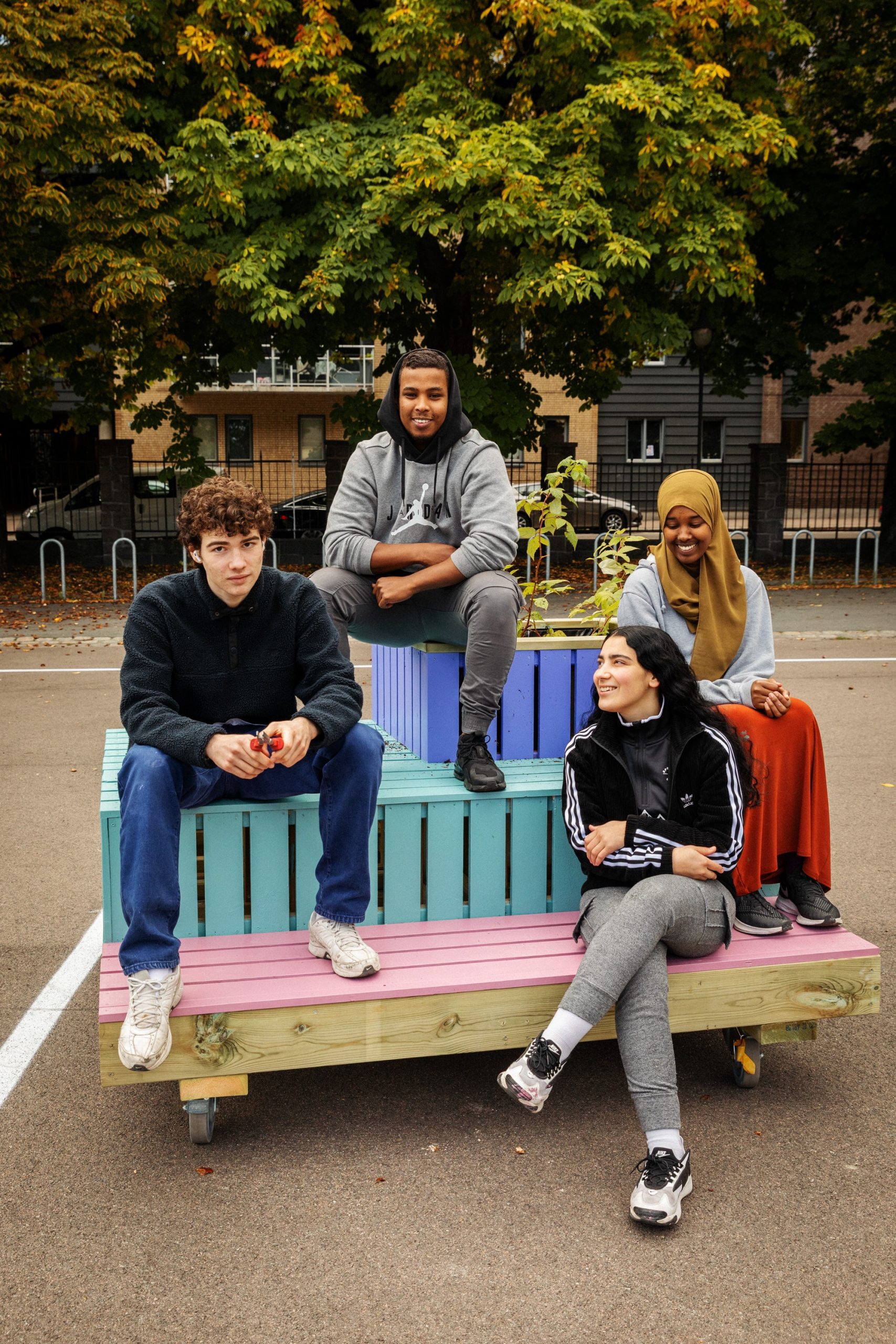
PlaceCity participatory interventions with students for better school spaces
As part of the European project called PlaceCity, placemaking for sustainable, thriving cities Nabolagshager established a collaboration with H20 High School in Grønland, Oslo to empower and facilitate the students

